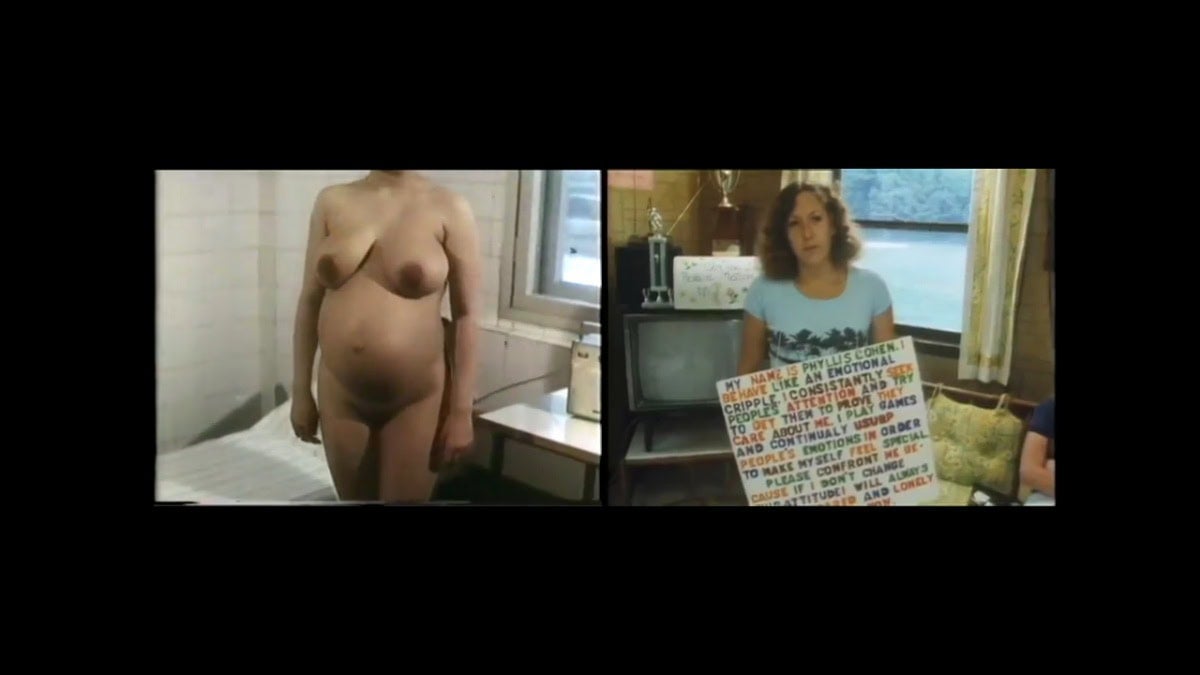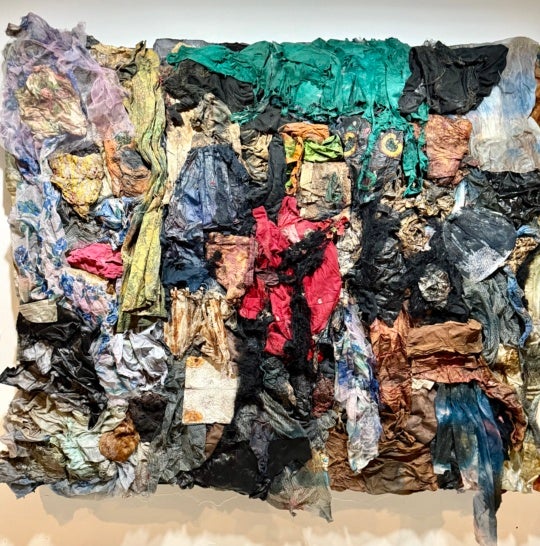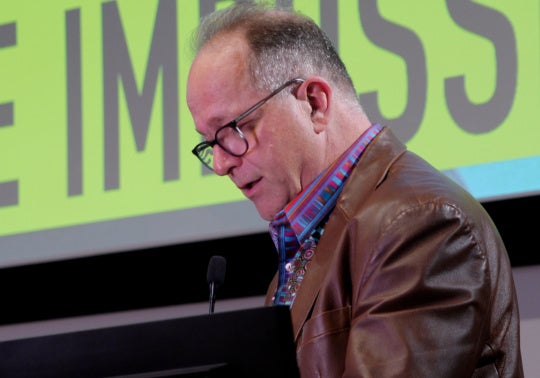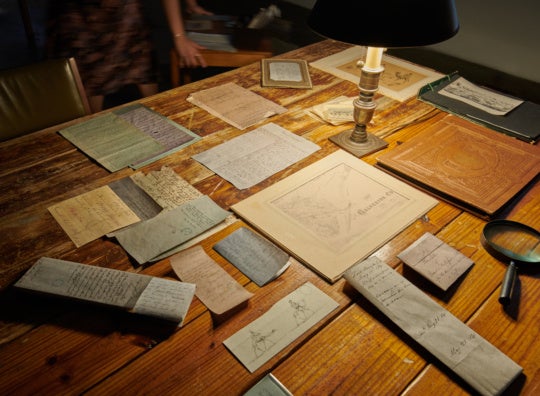In our feature Take Five, Burnaway highlights the work of five compelling artists living in the South. For a special edition of Take Five originally published in Laws of Salvage: The 2020 Burnaway Reader, we asked five curators around the region to briefly profile an artist who captured their attention this year. One of these curators’ picks will be featured on our website each day this week.

Shortly after immigrating to the U.S. from Puerto Rico in 1961, Cristine Brache’s grandmother was quarantined in a mental asylum. Doctors suspected that the patient, who was suffering from inexplicable morning sickness, had contracted an infectious disease on the island. As she did not speak the language, she didn’t understand what was happening to her, nor could she articulate her concerns to others around her. After countless exams, it turned out her morning sickness was related to a pregnancy—she was carrying Brache’s father. After she was discharged from the hospital, the artist’s grandmother was left with a lasting feeling of isolation, helplessness, and looming anxiety.
Through video, sculpture, and poetry, Brache reflects on femininity and feminism in relation to the matrilineal history of her Cuban American and Puerto Rican family, as well as the different forms that their empowerment takes against the social and cultural backgrounds in which they’re embedded. Combining found objects with cast porcelain forms in her sculptures, Brache departs from her immediate surroundings and their vernacular forms—domino tables and Santeria altars, for instance—to reflect on the cultural erasure of women and their survival in oppressive environments.
The traumatic event of her grandmother’s institutionalization and isolation is reflected in two of the artist’s most recent works: the video work Morning Sickness in the USA and the exhibition Commit Me, Commit to Me (Cázame, Cásame) at Fierman Gallery in New York, both 2020. Morning Sickness in the USA montages found footage of pregnancy examinations and scientific imagery over a recorded phone conversation between Brache and her grandmother in which the latter recalls the story. Stripped of nostalgia, the piece points to the loss of agency and the resulting trauma faced by women, and immigrant women in particular. Commit to Me (Cázame, Cásame) translates the experience of isolation and imminent threat into a spatial experience. Surrounded by bright blue hospital curtains, a floral-patterned upholstered female figure—her hands bound around her waist—sits under a caged moon shining its pale light on the uncanny scene. Referencing works by female surrealists Remedios Varo and Dorothea Tanning, Brache expands from her own family history to the historical marginalization of women and women artists, the denigration of female emotions and expressions, and the very contemporary phenomenon of gaslighting.
As both were realized in 2020 as quarantine and isolation became ubiquitous, the experiences portrayed in these works channel a sense of screaming into a void where no one can hear you. Yet what they show us is that Brache is listening attentively, asking us to take up perspectives that are too often silenced or overheard, those of women who might not have been marching the streets protesting but who found their own ways of survival.
Stephanie Seidel is a curator at ICA Miami.




